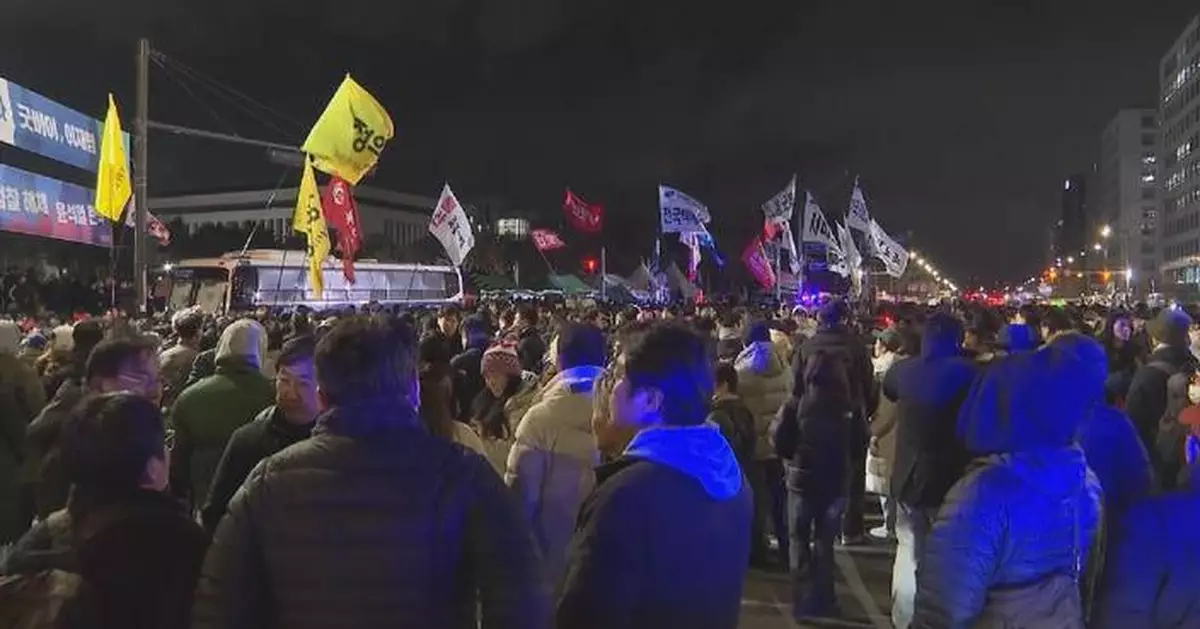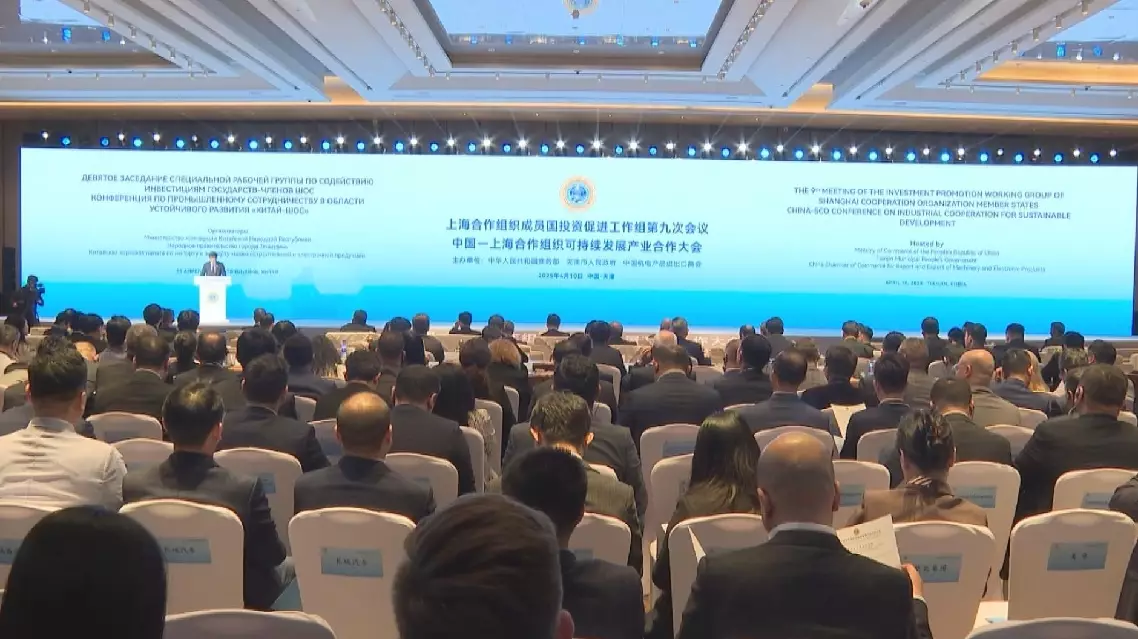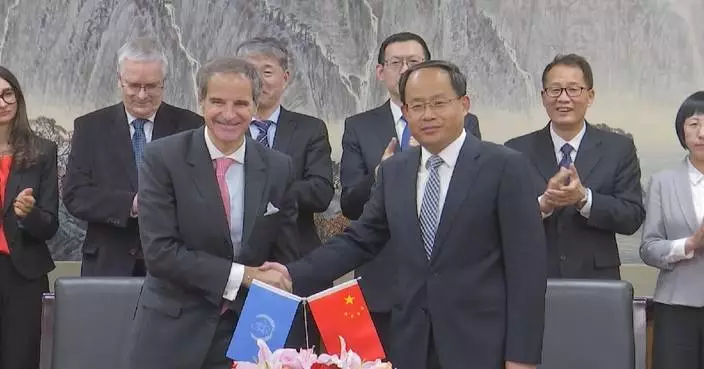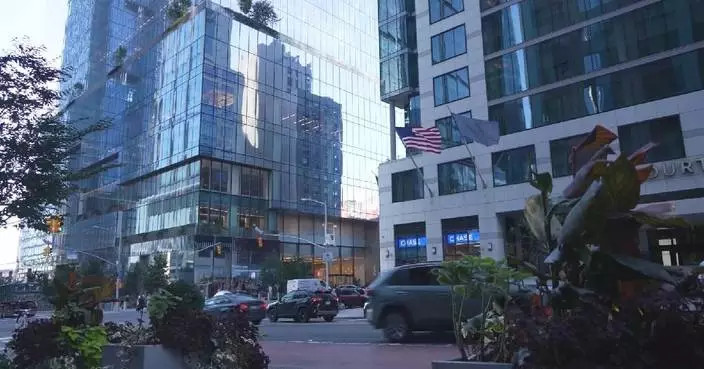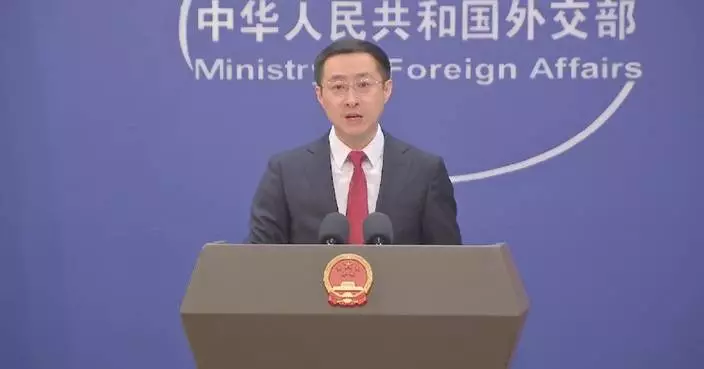South Korean President Yoon Suk-yeol's short-lived declaration of martial law may have economic and financial ripples, with a local economist cautioning that the fallout may affect investors' confidence and trade relations.
Yoon on early Wednesday lifted the martial law he imposed a few hours earlier, giving in to lawmakers rejection of military rule.
According to Yang Jun-sok, an associate professor of Economics at The Catholic University of Korea, the turmoil may have minimal impact on the country's real economy but could leave a mark on politically-sensitive sectors like finance.
"It ended up being more of a surprise [rather] than [bringing] any kind of a large effect on the real economy. So, on the production side, we shouldn't see that many problems. But for anything that deals with political uncertainty, the problem will probably persist for a long time," said the scholar.
Financial authorities in the country have been left scrambling to stabilize the markets during a time of political instability.
The government says it will provide ample liquidity to equity and foreign exchange markets, while the central bank says it's ready to mobilize a seven-billion-dollar stock market stabilization fund while loosening collateral rules to prevent a credit crunch.
An immediate crisis may have been averted, but the long-term impact on South Korea's economy and global standing remains uncertain. Investors and trade partners may now be more cautious, and businesses may call for stronger safeguards against political disruptions.
Local small businesses, already struggling with inflation and global economic challenges, are bracing for potential knock-on effects. The nation's largest labor union with roughly one million members are on indefinite strike, calling on President Yoon to step down from office. "It is now time to rally nationwide, both inside and outside the National Assembly, to demand the resignation of the Yoon Suk Yeol administration without wasting a single moment. Furthermore, it is time to gather collective national will to hold accountable and punish all forces that supported martial law and plotted insurrection," said Kim Jae-yeon, standing representative of the Progressive Party.
South Korea's economy has weathered political storms in the past, including a presidential impeachment in 2017.
"We had occasions where presidents had this type of problem before, most notably with the Park Geun-hye problem. So while we will have some negative impact from the martial law, it'll be on the areas that we more or less know about. To take a cliche, it'll be a 'known' risk rather than an unknown risk," said Yang.
With martial law now lifted, South Korea's policymakers face an uphill battle to provide reassurance and prevent long-term damage to the economy. It's a critical test for a country hoping to prove its economic resilience and stability to the world.
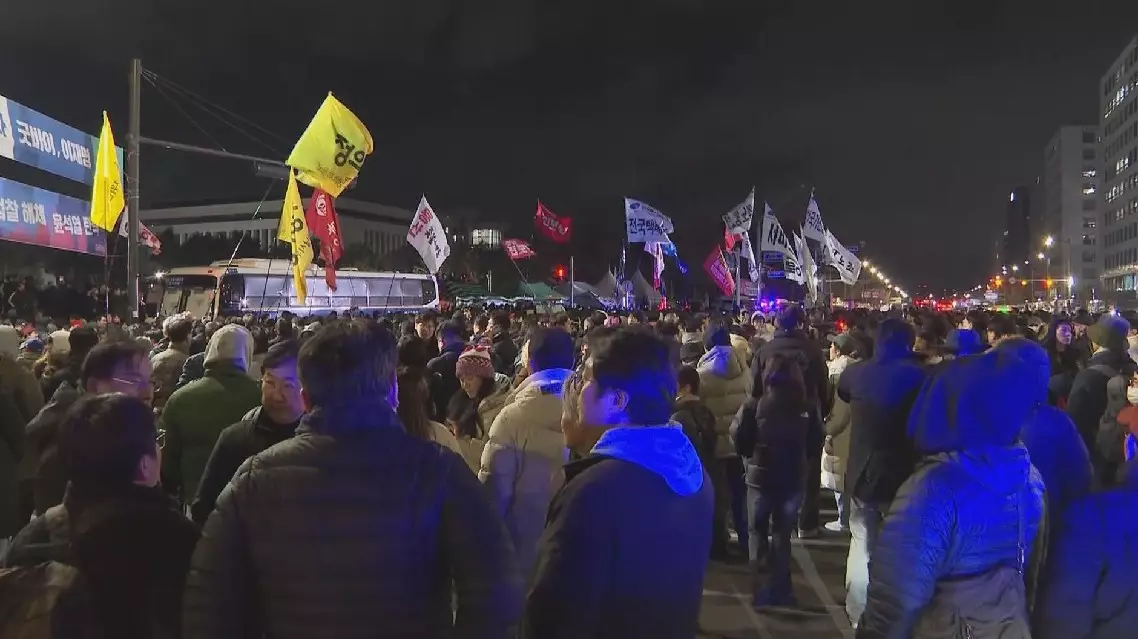
Political turmoil to leave impact on finance in ROK: expert


